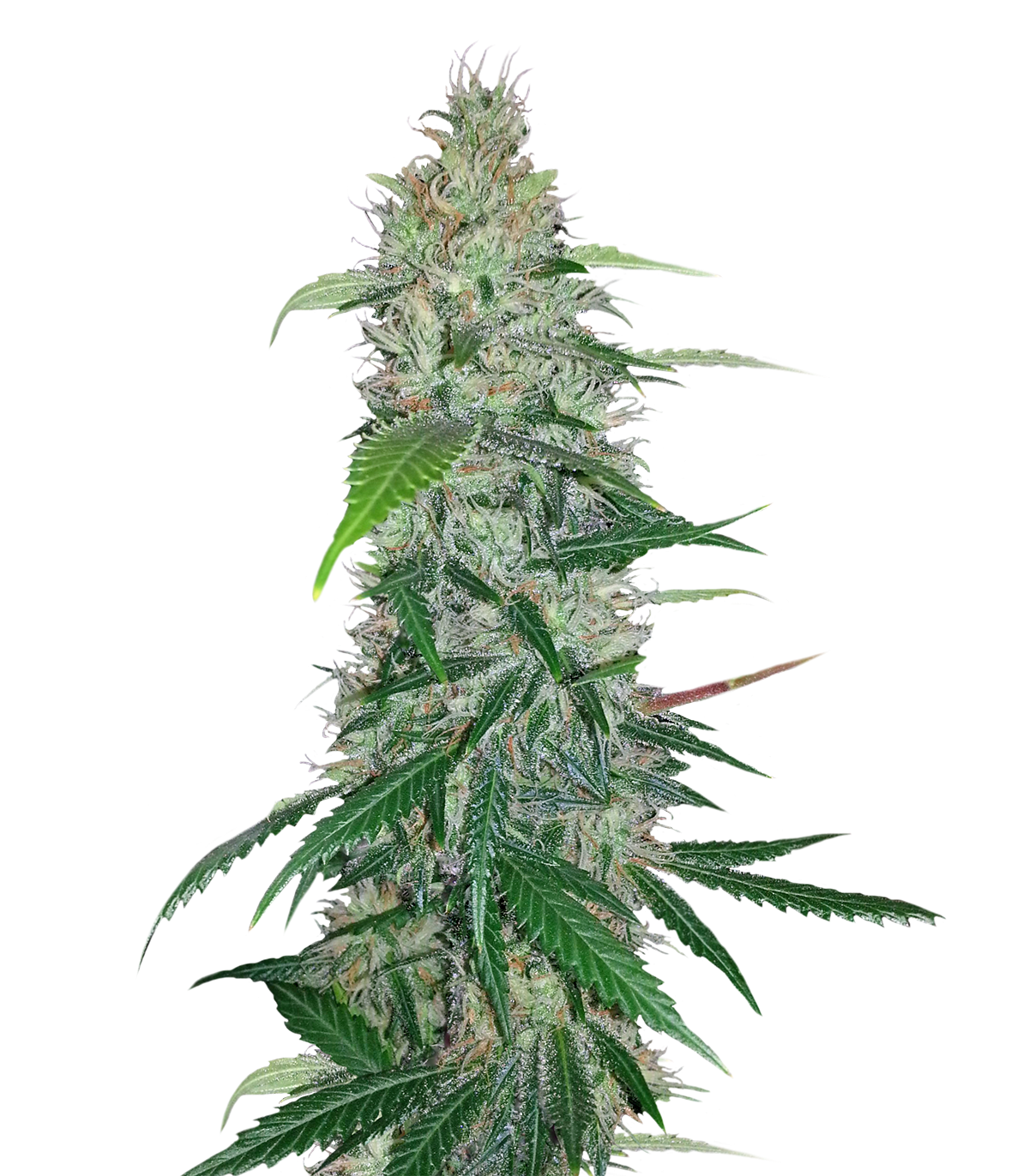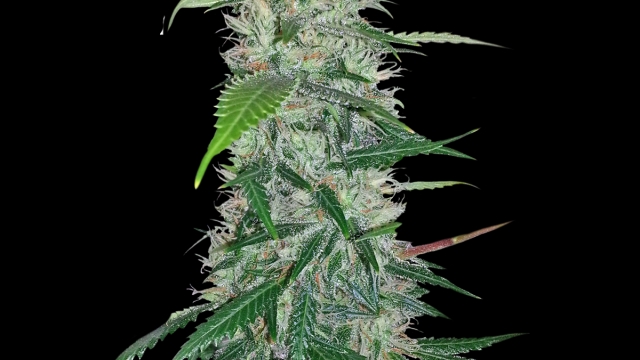Welcome to the intriguing world of marijuana, where a plant with a storied past continues to captivate society in its green leaves. As the discourse around marijuana shifts and laws evolve, we find ourselves in the midst of a Green Renaissance, a time of exploration and discovery. From its historical prominence to its modern resurgence, this article serves as a comprehensive guide to understanding the highs and lows of marijuana, revealing its potential benefits and challenges it may present. So, fasten your seatbelts and prepare to embark on a journey that uncovers the multifaceted nature of this fascinating plant.
The History and Cultural Significance of Marijuana
Marijuana, also known as cannabis, has a rich history and holds great cultural significance. This versatile plant has been used by various civilizations throughout time for different purposes. Let’s explore the journey of marijuana across different cultures and its impact on society.
Request A Demo
- Ancient Beginnings:
Marijuana has roots dating back thousands of years, with its origins believed to be in Central Asia. Ancient civilizations, such as the Chinese, Egyptians, and Indians, were among the first to recognize the potential of marijuana. In China, it was used for medicinal purposes and was highly valued for its therapeutic properties. Egyptians used marijuana for religious rituals and as an ingredient in medicinal potions, while in India, it played a significant role in spiritual practices.
- Crossing Continents:
As centuries passed, marijuana spread its influence across continents. It made its way to Africa and the Middle East, where it became an integral part of cultural traditions. In Africa, marijuana was used for both spiritual and medicinal purposes, often consumed during ceremonies and rituals. Similarly, in the Middle East, it was considered a sacred plant and was used for various cultural practices.
- The Modern Era:
In more recent history, marijuana gained prominence in the Western world. With the colonization of the Americas, cannabis was introduced to North and South America. It gained popularity among different communities and became ingrained in various cultural practices. However, over time, marijuana faced restrictions and legal regulations due to concerns over its psychoactive effects.
Today, marijuana continues to hold cultural significance globally. Its use has evolved, and it is recognized for its potential medicinal properties along with recreational use. As societies continue to explore the benefits and drawbacks of marijuana, it remains an intriguing topic of discussion, inviting further exploration and research.
The Potential Benefits and Uses of Marijuana

Marijuana, also known as cannabis, has been a topic of much debate and discussion in recent times. This versatile plant is known for its potential benefits and uses across various industries. From medicine to recreation, marijuana has found its place in our society.
One of the key benefits of marijuana lies in its medicinal properties. The plant contains compounds called cannabinoids, which have been found to have therapeutic effects. These cannabinoids can help alleviate symptoms of various conditions such as chronic pain, nausea, and muscle spasms. Additionally, marijuana has shown promise in managing symptoms of mental health disorders like anxiety and depression.
Furthermore, the use of marijuana extends beyond its medicinal applications. It has become popular within the wellness industry, with many incorporating it into their self-care routines. From CBD-infused beauty products to cannabis-derived oils, marijuana has found its way into skincare, hair care, and even aromatherapy.
In addition to its health and wellness applications, marijuana is also widely used for recreational purposes. Its psychoactive properties can induce a sense of relaxation and euphoria, making it popular among those seeking a recreational escape or stress relief.
As we delve further into the realm of marijuana, it’s important to remember that its uses and potential benefits are still being studied. Regulations surrounding its legalization and controlled use vary from country to country, creating further discussions on its societal impact.
In the next section, we will explore the historical context of marijuana and its journey to becoming one of the most sought-after plants in recent times. Stay tuned for more insights on the green renaissance that marijuana has sparked.
Challenges and Controversies Surrounding Marijuana Legalization
Despite the growing acceptance and legalization of marijuana, there are still several challenges and controversies surrounding its use. These issues revolve around various aspects, including regulation, health concerns, and societal impact.
One of the major challenges is the lack of standardized regulations and policies regarding marijuana. As the legalization process differs from country to country and even within states or provinces, it creates inconsistencies and confusion. This inconsistency poses challenges for businesses in the marijuana industry, hindering their ability to operate effectively and efficiently.
Moreover, health concerns related to marijuana use remain a topic of debate. While many studies have shown the potential therapeutic benefits of cannabis, there are still concerns about its long-term effects, especially with prolonged and heavy use. The potential for addiction and the impact on mental health are areas that require further research and understanding.
The societal impact of marijuana legalization is another area of controversy. Opponents argue that it can lead to increased drug abuse, impaired driving, and other negative social consequences. Ensuring responsible use and addressing these concerns is vital in order to maintain public safety and security.
In conclusion, despite the growing acceptance of marijuana, challenges and controversies persist around its legalization. The need for standardized regulations, further research into health concerns, and addressing societal impacts are important aspects of moving forward in exploring the highs and lows of marijuana.

